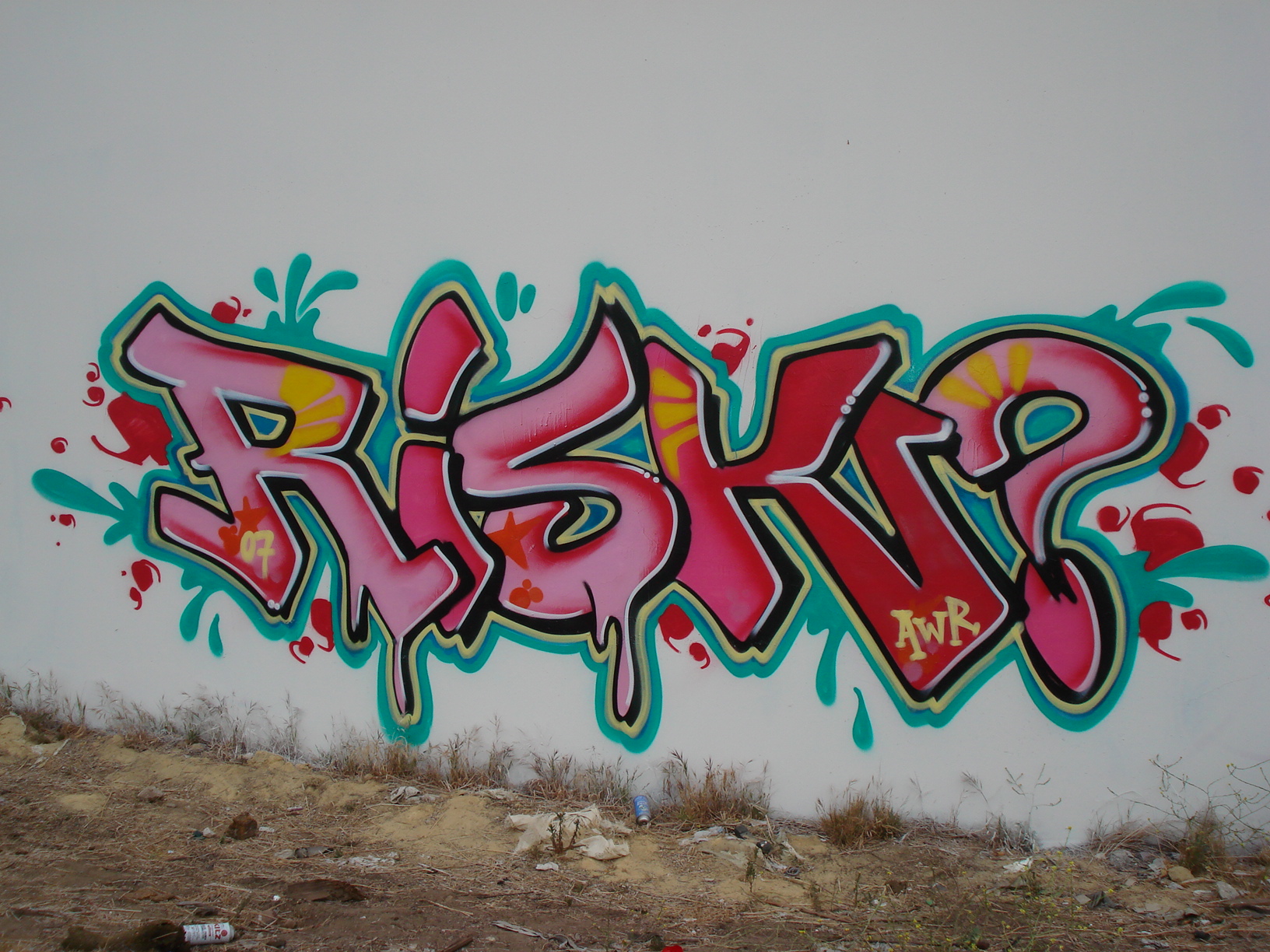The concept of due diligence has deep roots in the financial sector, originating with the US Securities Act in 1933. The process has evolved over the last century and looks different across many industries, but the main objective is the same: taking precautions to assess risk and avoid damage to the organization.
In a post on the Intelligent Edge, Senior Consultant Heather Willis summarized that in the field of prospect research, due diligence involves the process of investigating and evaluating potential donors before establishing a partnership or accepting their contributions. This process goes beyond simply checking financial backgrounds; it delves into the donor’s history, motivations, and potential impact on the organization.
Comprehensive due diligence helps nonprofits identify potential risks and ensure alignment with their goals.
Similar to the due diligence being done at other non-profits, sponsor organizations often perform due diligence on potential donors to DAFs to assess the risks associated with them and to minimize the chance the funds contributed were earned through fraud, money laundering, or other illegal activities.
However, in the DAF world, the due diligence process also looks quite a bit different. DAF sponsor organizations perform the due diligence process to ensure that grants from DAFs are disbursed to qualified organizations and used for charitable purposes. This assessment being built into the giving process can make DAFs attractive to many potential donors.
Among other things, this process can include things like verifying IRS status to ensure that grant recipients meet the requirements of Internal Revenue Code (IRC) Section 501(c)(3) to be tax-exempt and IRC Section 509(a) to be classified as public charities. Another example is requesting additional information from nonprofits before approving a grant.
That being said, once a donor puts their money into a fund with a sponsor, that money then legally belongs to the sponsor organization. The donor can request that money be granted to qualified non-profits that align with their chosen giving priorities, but the ultimate call will be made by the sponsor. If a donor is choosing a community foundation to direct their giving with, then likely they have an affinity for local non-profits, the same with religious or cause based sponsor organizations.
But what happens when a national sponsor directs giving to organizations that do not align with the values of their donors?
Earlier this year, Goldman Sachs Gives came under scrutiny by the National Institute for Workers’ Rights (NIWR) after it was brought to light that Goldman Sachs Gives, using money in a DAF that consisted of employee contributions, had provided financial support to organizations that go against the company’s stated diversity, equity, and inclusion mission and values. Goldman Sachs was quoted as saying it “owns the assets” of its DAFs and has “final authority with respect to all investments and grants to recipient charities.” However, the NIWR has called for an SEC investigation because: “Goldman Sachs told investors they were committed and working aggressively to increase the diversity of their workforce, but they were actually and quietly undermining their own ability to achieve those commitments by funding an anti-diversity, anti-opportunity agenda.”
At times national sponsor organizations have been forthright with select bans to controversial organizations. For example, in 2019, Fidelity Charitable Gift Fund and Schwab Charitable Fund banned gifts to NRA affiliated charities due to an ongoing IRS investigation.
In the same year the Amalgamated Foundation created the Hate is Not Charitable Campaign calling for DAF providers to exercise their legal discretion over grants recommended by their donors and adopt pro-active policies to ensure that funds do not flow to organizations that promote hatred. This initiative stemmed from a media report that exposed the use of DAFs to fund hate groups in 2017 and 2018; Fidelity Charitable Gift Fund, Schwab Charitable Fund, and Vanguard Charitable were included in the list of offenders.
The Tides Foundation and the National Philanthropic Trust are two of many national DAF sponsors that advertise that they advise and complete due diligence on behalf of their fund donors prior to disbursing gifts, however, specific criteria was not found.
While it’s safe to assume that cause based and religious DAF sponsor organizations aren’t directing charitable giving to non-profits that go against their stated mission and values, the gray area for national and even some community sponsors leaves a lot of room for controversy to brew. In May 2024, the IRS heard arguments to support tightening restrictions on DAFs. According to the Chronicle of Philanthropy the IRS seems to be concerned that “there are abuses out there and there’s money going places it probably shouldn’t,” said Lloyd Hitoshi Mayer, a law professor at the University of Notre Dame.
DAF giving has seen substantial growth in the last few years offering donors at every level an easy path to direct their philanthropic dollars. The hands-off approach to giving that many sponsors offer can be attractive to some and worrisome for others. Due diligence at the sponsor level is necessary to build trust and maintain confidence for DAF donors. Hopefully continued (and growing) transparency from sponsors in how the due diligence process is completed can establish an industry standard of best practice the way that it has on the non-profit and prospect research side of the house.
